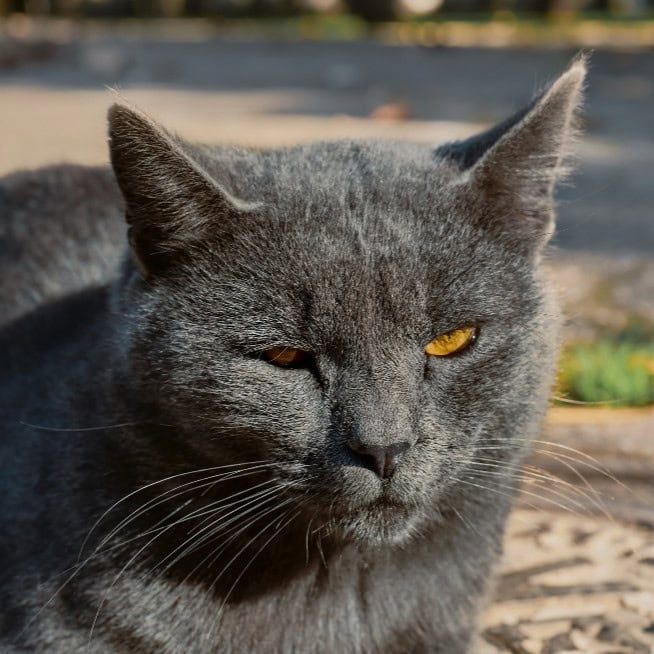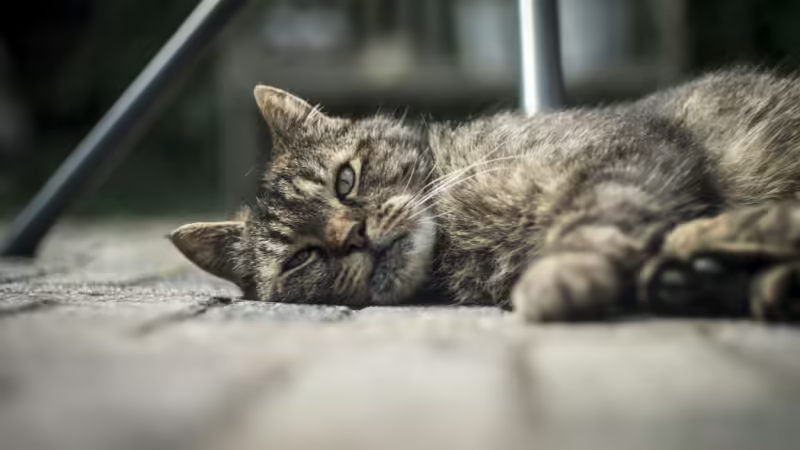A cat’s needs evolve as they advance in age. With a little planning and adjustment, you can help ensure your aging feline companion continues to live a fulfilling life well into their senior years. This article will provide tips on understanding your cat’s changing needs, adjusting their environment, diet and exercise, and working with your vet to monitor their health.
How Long Can Cats Live for?
Cats are considered seniors or geriatric, typically between the ages of 11-14. However, lifespan varies considerably between breeds. Smaller cats like Siamese often live 16-18 years, while larger breeds like Maine Coons average 10-13 years. Mixed breeds’ lifespans fall somewhere in the middle. The key is understanding your pet cat’s lifespan and being prepared for their changing needs as they enter their golden years.
Creating a Senior-Friendly Environment
As cats age, their senses decline, and they become less agile. Make sure your home meets their changing physical abilities. Place food, water and litter boxes in easily accessible areas without stairs or obstructions. Use night lights and keep pathways well-lit to accommodate declining vision. Provide sturdy, low-entry litter boxes and elevated feeders for arthritic joints. Make sure they have soft, warm beds that are placed in quiet areas. Keeping their environment simple and tailored to their needs reduces stress and frustration.
Adjusting Their Diet and Exercise
Dietary needs change as cats age, so speak with your vet about an appropriate senior food. Feed smaller, more frequent meals for easier digestion. Hydration is also crucial, so encourage drinking by keeping water bowls freshly filled. Providing wet food or adding broth to their meals increases fluid intake. Weight management is also key. Cats have a tendency to gain weight as they get older and become less active. Portion control, scheduled feedings and regular weigh-ins help prevent unhealthy weight gain.
While older cats are less active, daily exercise remains important for joint health and digestion. Engage them with interactive toys like feathers on a string to promote light activity. Avoid overexertion, but find ways to keep them moving and mentally stimulated. Gentle brushing or petting provides physical contact and helps them feel cared for.
Monitoring Their Health
Regular veterinary exams become even more important for senior cats. Inform your vet of any changes you notice in behavior, appetite, activity level, bathroom habits, social behaviors, sleep patterns or physical abilities. Catching issues early makes treatment easier.
Annually testing bloodwork, urinalysis, and blood pressure helps detect problems like kidney disease, diabetes and hyperthyroidism. Dental care is also critical since oral health impacts overall health. Have your vet examine their teeth and recommend any extractions or cleanings needed. Keeping up with vaccines provides immunity against preventable illnesses. Discuss any supplements or medications that could improve your senior cat’s quality of life.
Keeping the Mind and Spirit Engaged
Beyond physical needs, keeping your cat engaged and enriched is vital for their emotional health. Brush up on training using positive reinforcement. Swap out toys regularly to present new challenges and mental stimulation. Offer puzzle feeders or hide treats around the house for them to hunt. Open windows allow them to watch backyard birds and activities. Daily playtime, petting, and lap time show them that they’re still cherished family members. Remember, aging cats still need purpose, pleasure and companionship.
Embracing the Golden Years
Focusing on your cat’s wellbeing and happiness as they age will ensure you make the most of the special bond you share. While aging brings changes, knowledge of their needs, attentive care and proactive health maintenance can give them many good years ahead. Shower them with patience, love and appreciation. After all, there’s still ample time to enjoy your senior cat’s golden years.



